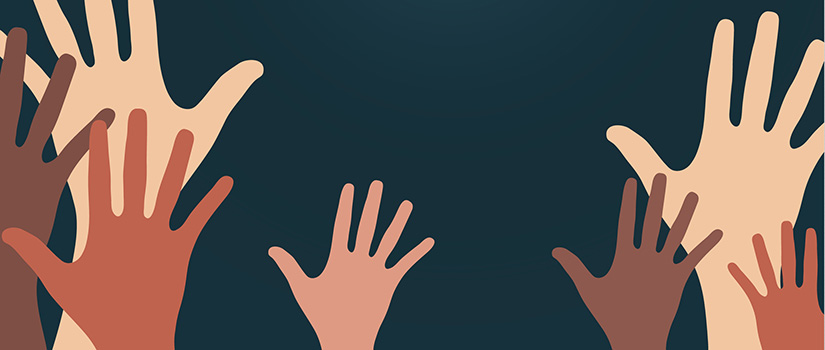Human trafficking is a global health problem, affecting the health of men, women and children, and disproportionately affecting marginalized populations. In 2021 over 10,000 situations, representing more than 16,000 unique victims were reported to the National Human Trafficking Hotline. In South Carolina, approximately 124 cases were identified with 279 unique victims, yet these numbers do not represent all trafficking situations, as human trafficking is largely a hidden crime.
Reality check
In the United States, research suggests that 50–88% of identified trafficked persons seek health care while they are being exploited, with most visiting hospital emergency departments. Stephanie Armstrong, associate professor at the College of Nursing completed a study showing that although many trafficked survivors report contact with health care providers, most interactions did not lead to safety and healing. An industry comprised of health workers have not been educated on how to identify and provide appropriate responses to trafficked persons.
Meet the experts
HEAL (Health.Education.Advocacy.Linkage) Trafficking leads innovative health solutions to eradicate human trafficking in our communities worldwide. Their Train the Trainer Academy is an annual, two-day intensive virtual workshop designed to equip health educators with the knowledge and teaching skills to train other health professionals in their communities to respond to human trafficking. Armstrong, a member of HEAL’s Simulation Based Education Subcommittee, participated in their alumni panel training session.
“I’ve had students during their nursing education call me from clinical sites, saying they think they might have a patient who is a trafficked person,” Armstrong says. “These situations not only provide opportunities to offer assistance to trafficked persons, but for students to share their knowledge with practicing health care professionals who may not have ever received training on how to identify and respond to trafficked persons.”
Armstrong has taught women’s health for almost 20 years. She believes its important training is evidenced-based, trauma informed and patient centered. Armstrong is looking forward to continuing training nursing students how to identify and respond to trafficked persons, within her undergraduate and graduate Women’s Health classes.
National Human Trafficking Hotline, you can contact the hotline by calling 1-888-373-7888 or texting at 233733.
